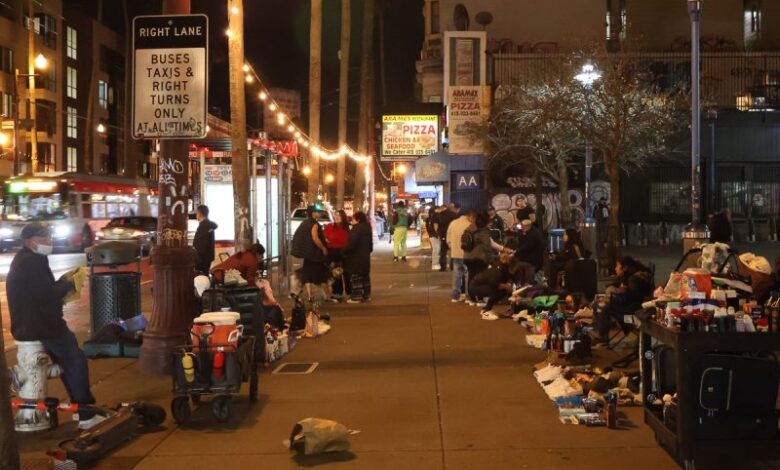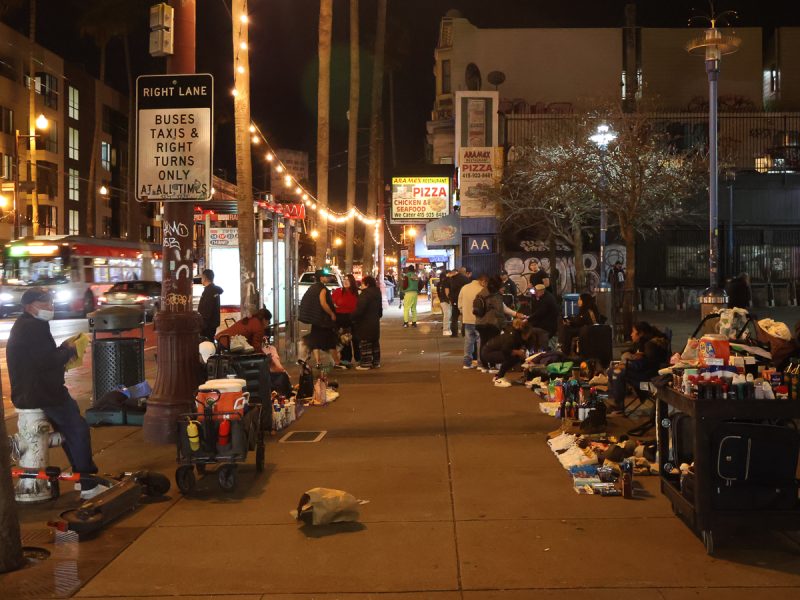The Government Prohibits Night Vending And The Sale Of Used Clothing In Central Business Districts

Zimbabwe’s Minister of Local Government and Public Works Daniel Garwe issued a broad directive on August 4, 2025, prohibiting the sale of used clothing and street selling at night in all Central Business Districts (CBDs) nationwide.
The Government Prohibits Night Vending And The Sale Of Used Clothing In Central Business Districts
Minister Garwe instructed urban councils across the country to implement the prohibition right now during a meeting with Harare municipal council members at Town House. To preserve public order in city centres, this entails removing unlawful stalls, keeping an eye on vendor activities, and working with law authorities. Reasons for Authorities gave a number of important justifications for the crackdown in Behind the Ban: Public Safety After Dark: Vending at night is viewed as a security issue since it results in less surveillance and greater susceptibility in locations with inadequate lighting.
Health and hygiene worries: Trading used clothing raises worries about the spread of disease because it is associated with possible contamination and sanitation problems. Problems with Waste Management: Uncontrolled vending leads to litter, clogged drains, and a decline in the cleanliness of cities. Urban Aesthetics: City centres’ commercial and aesthetic integrity are undermined by vendors that operate there.
ALSO CHECK: Tembalami Dismisses Sexual Abuse Allegations Against Zimpraise
Protecting the Local Textile Industry: Authorities contend that low-cost imported used clothing hurts domestic textile industries and undercuts local producers.
The prohibition expands on previous government initiatives, such as the nationwide ban on used apparel that has been in place since 2015. Permanent Secretary Tafadzwa Muguti said in January 2025 that clothing seized would be burnt, emphasising the state’s zero-tolerance policy against illicit goods and their effects on local businesses and public health.
In a similar vein, Garwe underlined in March 2025 that night vending is prohibited by Zimbabwean law and that the constitution makes no mention of it. He issued a warning that anyone who disobeyed the restriction would be subject to strict enforcement actions.
Informal traders, many of whom rely on nocturnal sales and the selling of used clothing, commonly known locally as “bhero” sales, are expected to be negatively impacted by the ban. These inexpensive products provide consumers with access to reasonably priced clothes and essential revenue for small-scale vendors.
iHarare News.
Traders and the general public have expressed their annoyance and concern that the prohibition will make it harder for them to make a living, particularly because there are no other options for making money. Among the responses on social media are:

“Aaaah, they want people to starve to death?”
“Hustling is what people are doing, not stealing.”
“Why forbid them without offering a substitute?”
The government has responded to criticism by restating its commitment to preserving industries considered essential to the country’s development, upholding sanitary regulations, and protecting public health. Minister Garwe said that people must follow national laws even in a faltering economy and cannot excuse breaking the law in order to survive.
Many people are curious when metropolitan councils start putting the directive into practice if vendors who are displaced by the prohibition will be able to access controlled marketplaces or designated zones. Since these specifics are still unknown, many unofficial traders are concerned about their prospects for the future.
Minister Garwe declared on August 4, 2025, that nighttimevending and the sale of used garments would no longer be permitted in Zimbabwe’s central business districts.
Enforcement is prompt and coordinated with law enforcement and local authorities.
Public safety, health hazards, urban chaos, and dangers to regional textile businesses are among the issues.
The prohibition expands upon previous measures, such as the nationwide ban on used apparel in 2015 and directives to destroy items that have been seized.
The majority of those impacted are informal traders who depend on these kinds of businesses; public outrage emphasises the lack of alternatives and the economic damage.
It is unclear what steps will be taken in the future to accommodate displaced vendors or find alternate locations.
The local economy, urban governance, and informal livelihoods would all be significantly impacted by this decree, which represents a major step forward in Zimbabwe’s efforts to control informal commerce.




